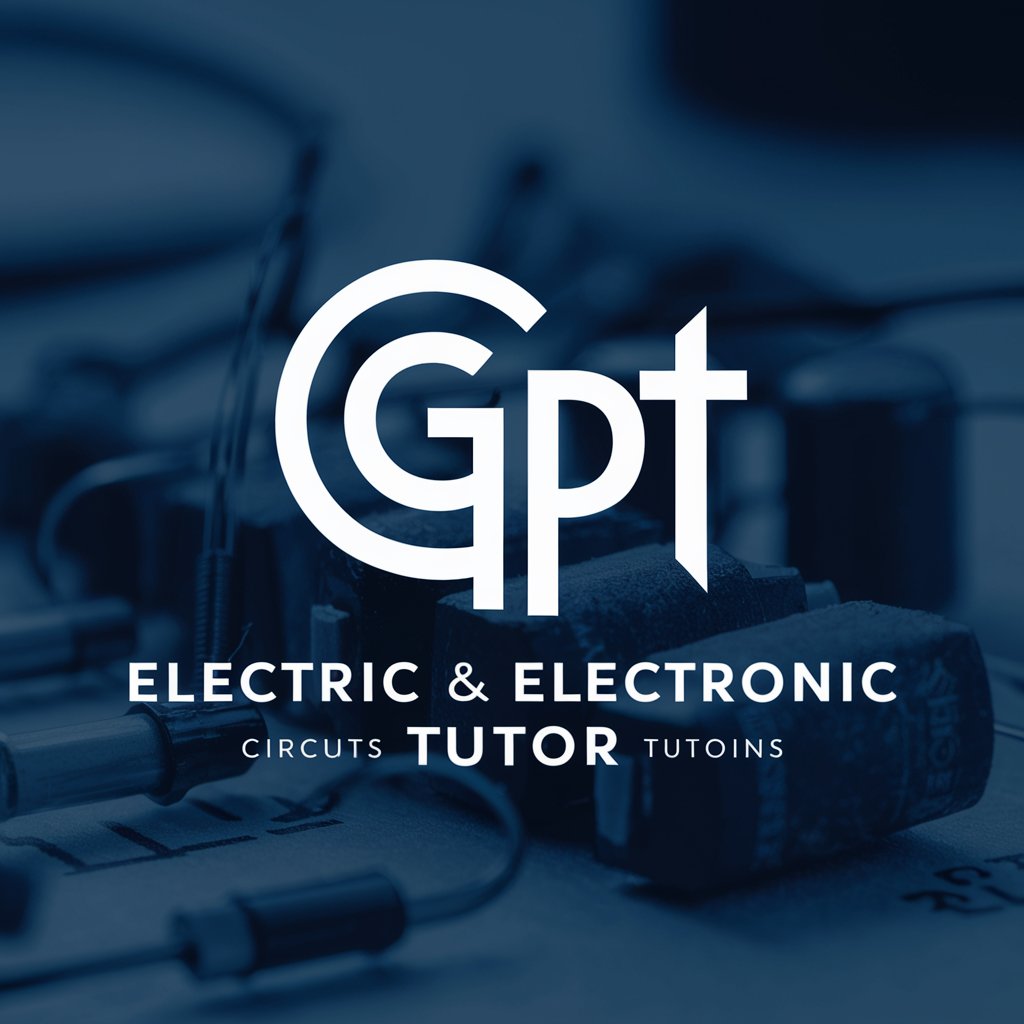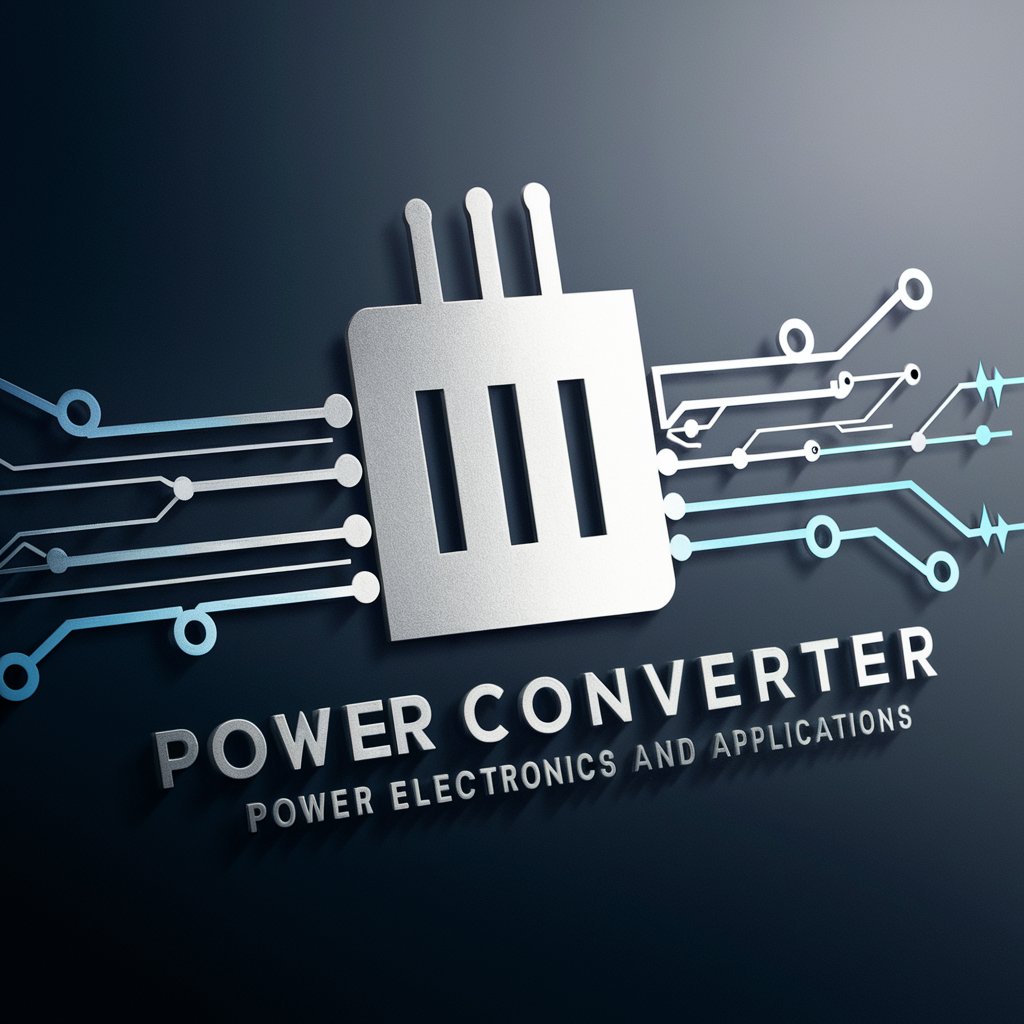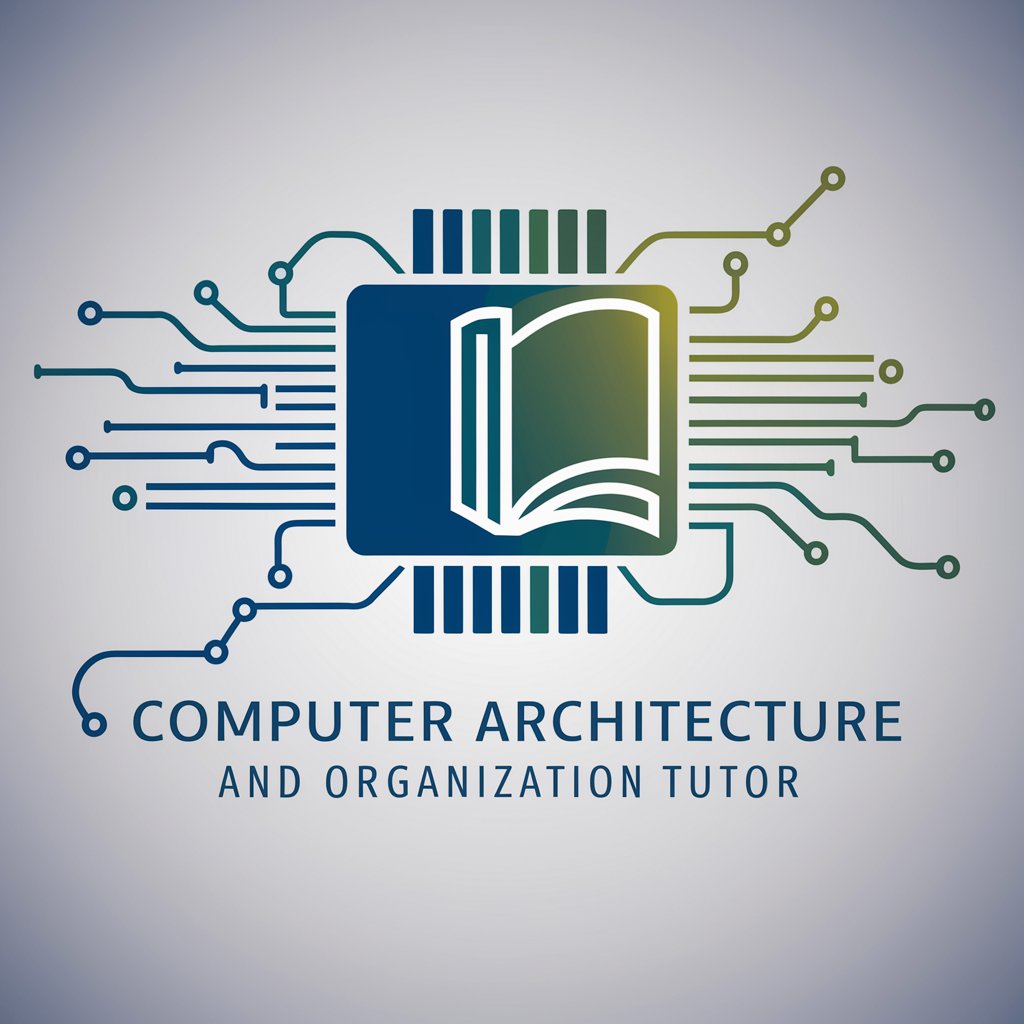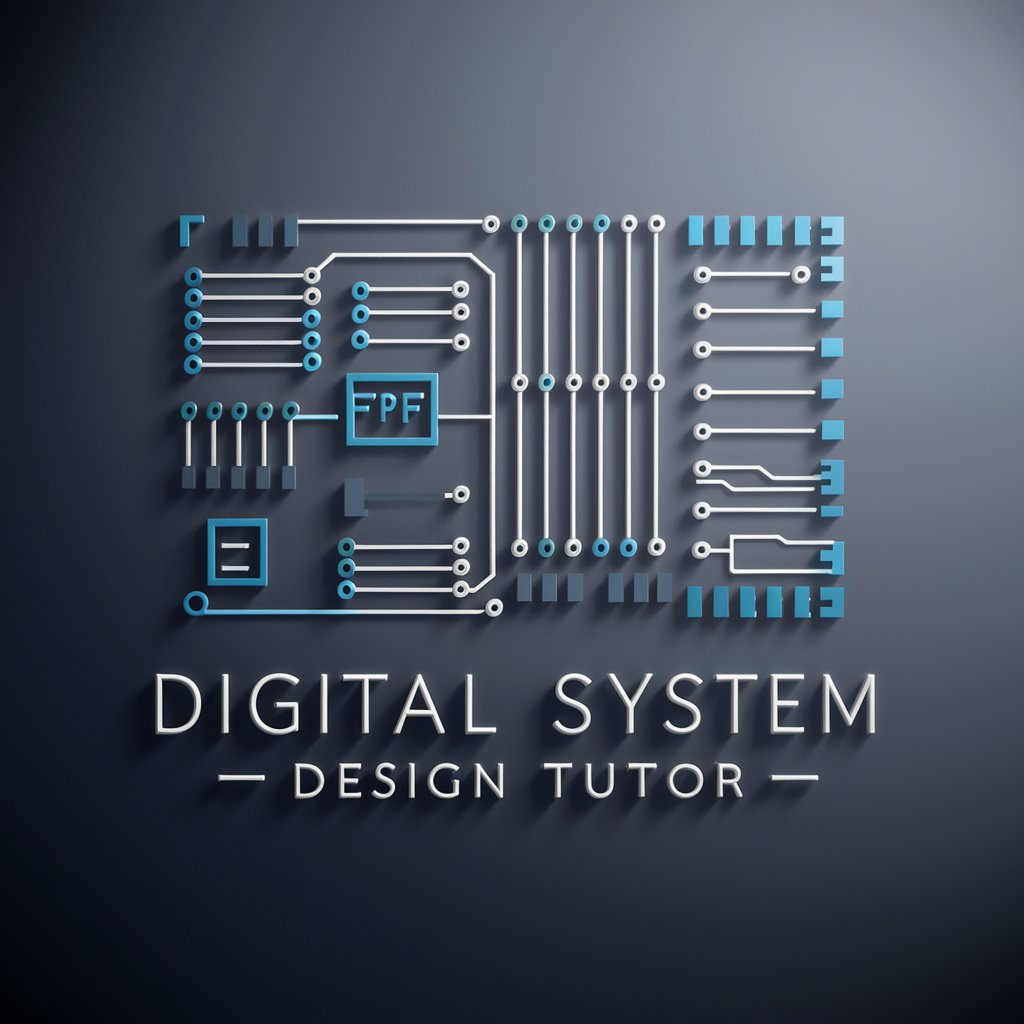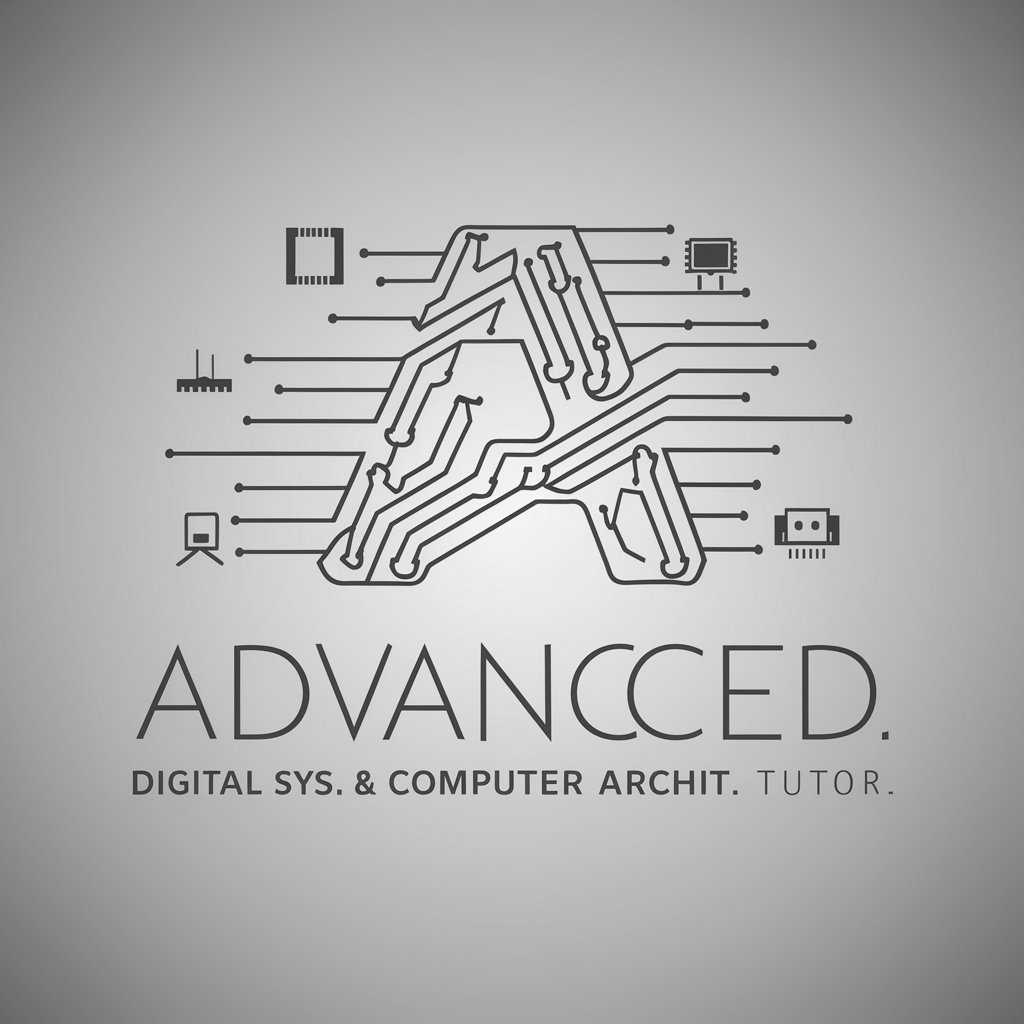
Solid-State Electronics I Tutor - Solid-State Electronics Learning Aid
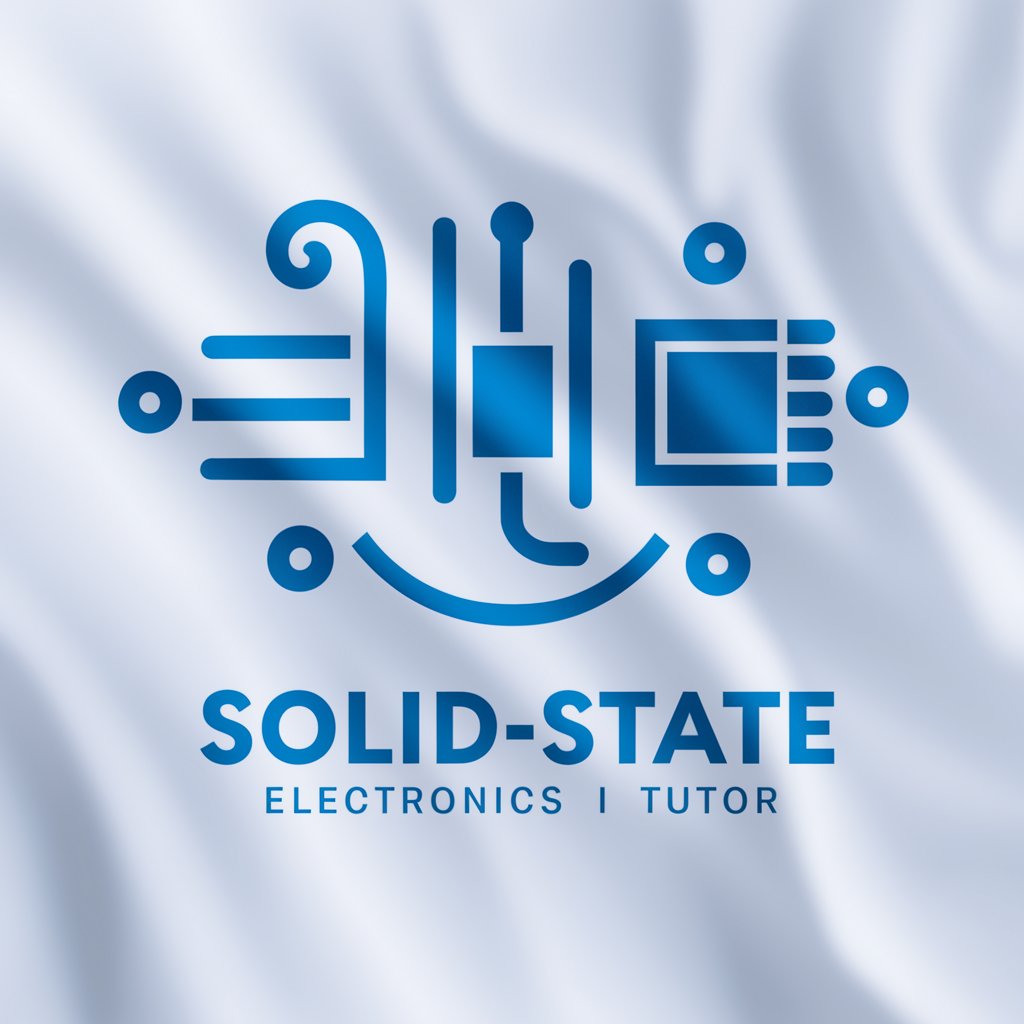
Welcome! How can I assist you with solid-state electronics today?
Empowering electronics learning with AI
Can you explain how a diode works in a simple circuit?
What are the key differences between NPN and PNP transistors?
How does a field-effect transistor (FET) operate?
What is the role of a unijunction transistor in a circuit?
Get Embed Code
Overview of Solid-State Electronics I Tutor
Solid-State Electronics I Tutor is designed to be a specialized educational assistant focused on the field of solid-state electronics, particularly at the introductory university level. This assistant is programmed to provide in-depth explanations, problem-solving techniques, and conceptual understanding for a range of topics including diodes, bipolar junction transistors, unijunction transistors, and field-effect devices. A key feature is the ability to adjust explanations to suit the learner's level, offering simplified insights as well as advanced discussions. For instance, when a student struggles with the concept of how a MOSFET operates, I can provide detailed, step-by-step explanations on the physics underlying its operation and practical examples of its use in circuits. Powered by ChatGPT-4o。

Key Functions and Use Cases
Educational Guidance
Example
Explaining the characteristics and applications of semiconductor diodes.
Scenario
A student is preparing for an exam and needs to understand how diodes are used in rectifiers. I provide a detailed explanation of P-N junction behavior under forward and reverse bias, followed by real-world applications like converting AC to DC.
Problem Solving Assistance
Example
Guidance through calculations and circuit analysis involving transistors.
Scenario
A student is tasked with designing a simple amplifier using a bipolar junction transistor (BJT). I assist by explaining how to choose the transistor parameters, calculate biasing resistors, and analyze the voltage and current flow through the circuit.
Conceptual Clarification
Example
Clarifying the differences between N-channel and P-channel MOSFETs.
Scenario
A student is confused about how N-channel and P-channel MOSFETs differ in structure and operation. I break down the physical structure of each type, explain their operational differences, and illustrate with circuit examples how each can be used effectively.
Target User Groups
University Students
Students enrolled in introductory courses in solid-state electronics or related fields, who need both foundational knowledge and assistance with more complex course materials.
Hobbyists and DIY Enthusiasts
Individuals exploring electronics as a hobby, interested in understanding and applying solid-state components in various DIY projects, who benefit from detailed explanations and practical examples.
Educators
Teachers and lecturers who require a supplementary tool to aid in the delivery of complex topics to students, ensuring that explanations are accurate and pedagogically sound.

How to Use Solid-State Electronics I Tutor
Start Here
Visit yeschat.ai to begin using Solid-State Electronics I Tutor for a free trial, with no login and no need for a ChatGPT Plus subscription.
Choose Your Topic
Select the specific area of solid-state electronics you need help with, such as diodes, bipolar junction transistors, or field-effect transistors.
Ask Your Question
Type your question into the input box. Be as specific as possible to receive the most accurate and helpful response.
Review the Response
Read through the provided explanation or solution. If something is unclear, you can ask follow-up questions for further clarification.
Apply the Knowledge
Use the explanations and solutions provided to enhance your understanding and application of solid-state electronics principles in your projects or studies.
Try other advanced and practical GPTs
Automotive Engineer
Engineer Smarter Vehicles with AI

Prompt Engineer
Elevate AI interactions with precision-engineered prompts

Workload Engineer
Streamline Your Staffing with AI

EcoStruct Engineer
Building Sustainably with AI

Flutter Engineer
Empowering Flutter Development with AI

CRISPE Engineer
Enhancing AI with Precision Engineering
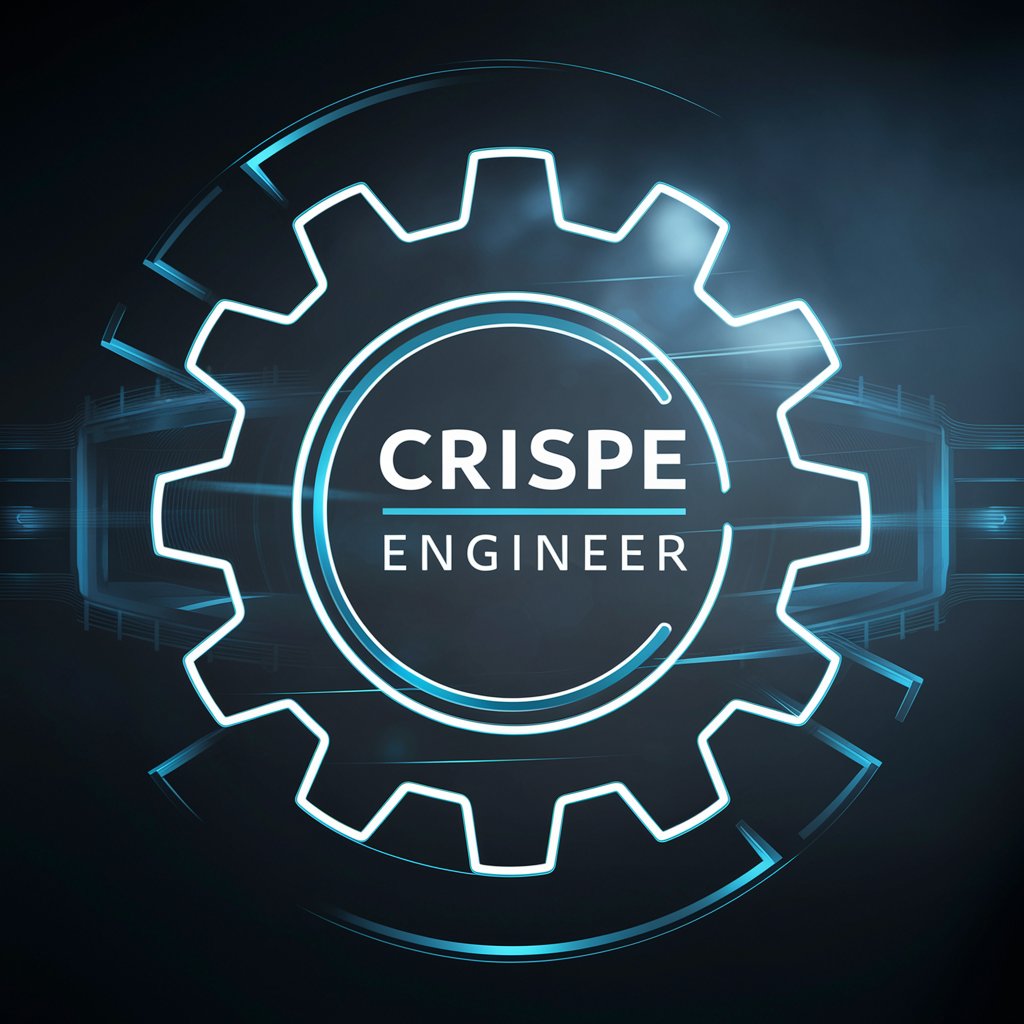
Solid-Friend
AI-powered Solidworks Mastery

React SOLID Principles
Master React design with AI-powered SOLID guidelines
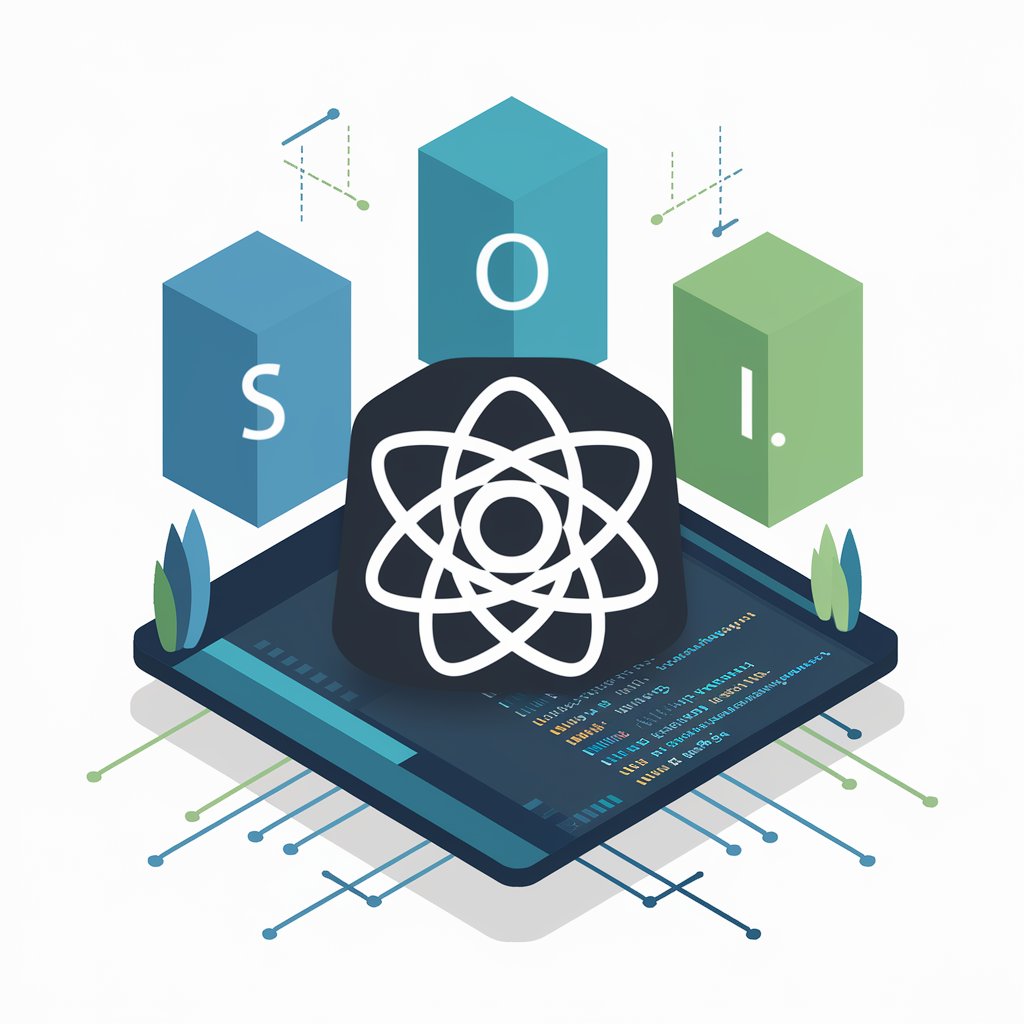
SOLID-Focused Application Designer
AI-powered SOLID Architecture Design

C# SOLID Mentor
Elevate your C# code with AI-powered guidance
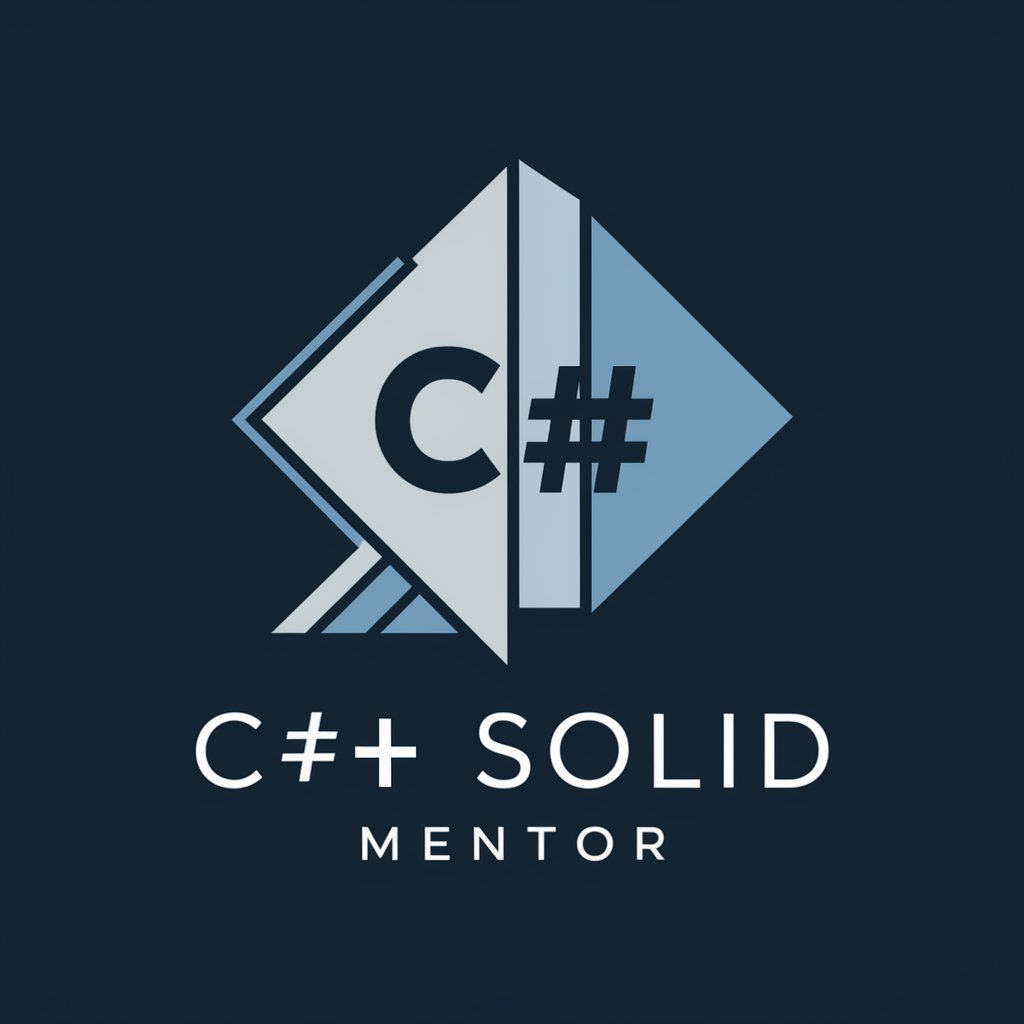
Solid Poetic Vision
Turn Emotions into Artistic Poetry

Jarvin - Unity SOLID
Empowering Unity Developers with AI
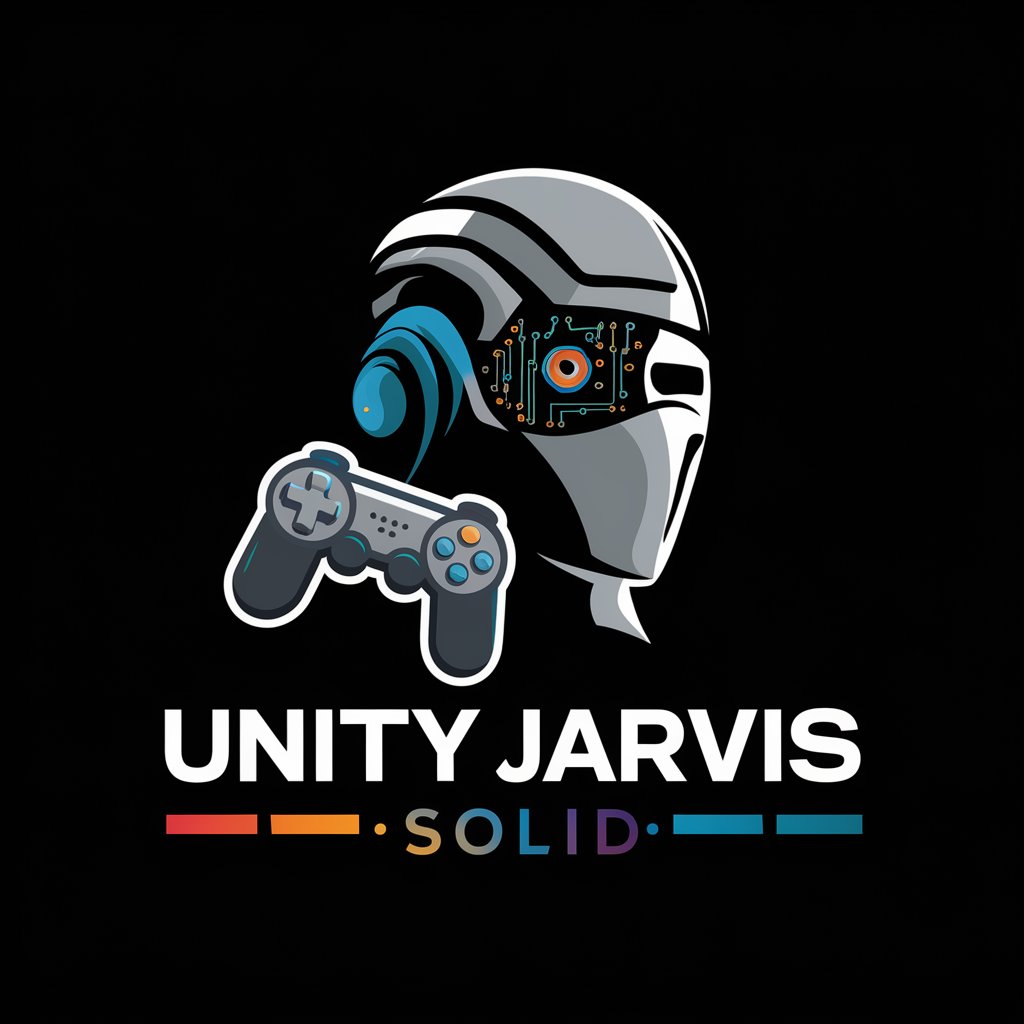
Frequently Asked Questions about Solid-State Electronics I Tutor
What topics can I learn about with Solid-State Electronics I Tutor?
You can learn about a range of solid-state electronic components and principles, including diodes, bipolar junction transistors, field-effect transistors, and their respective circuits and applications.
Can Solid-State Electronics I Tutor help me with lab assignments?
Yes, this tool is designed to assist you in understanding complex concepts and solving problems that you might encounter in laboratory assignments related to solid-state electronics.
Is there a limit to how many questions I can ask?
No, there is no limit. You can ask multiple questions to deepen your understanding and tackle various aspects of solid-state electronics.
How accurate are the answers provided?
The answers are based on established principles of solid-state electronics and reviewed for accuracy. However, always cross-reference with your educational materials.
Can this tool generate circuit diagrams?
While the tool provides detailed explanations and can suggest circuit designs, it does not currently generate visual circuit diagrams. It is recommended to use specialized software for diagramming.
